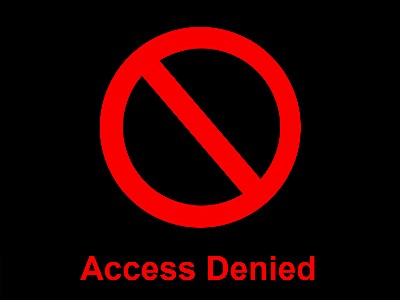In Hamalainen (Committee of) v. Sippola (1992) 2 WWR 132 the BC Court of Appeal outlined the law relating to privilege for documents that are prepared in contemplation of litigation.
At issue is whether an insurance adjusters reports respecting a car accident that denied the plaintiff’s claim, had been prepared for the principal purpose of assisting in preparation and conduct of litigation, and if so, whether they were privileged documents that need not be produced to the opposing counsel, or alternatively were they prepared in routine conduct of an investigation, in which case they would not be privileged and must be divulged.
The appeal court dealt with the decision in which the master was found not to of erred in law and finding on the evidence that the adjusters reports had not met the dominant purpose test, and thus were producible to the opposing party.
The court started with the review on how to apply what was adopted by the Court of Appeal in Voth Brothers Construction 1974 LTD v North Vancouver School District Number 44 29 BCLR 114 for deciding questions of privilege associated with documents in the possession of one party and sought by another during the course of litigation.
The Court of Appeal followed it’s own Voth decision that had adopted the reasoning of the Australian High Court in Grant v Downs (1976 135 CLR 674 that stated:
“I have come to the conclusion that the court should state the relevant principle as follows: a document which was produced are brought into existence either with the dominant purpose of its author, or of the person or authority under whose direction, whether particular general, it was produced or brought into existence, of using it or its contents in order to obtain legal advice or to conduct or aid in the conduct of litigation, at the time of its production and reasonable prospect, should be privilege and excluded from inspection.”
Any attempt to apply the rule when determining a claim of privilege with respect to a document necessary requires the two factual determinations be made:
1) was litigation and reasonable prospect that the time it was produced, and
2) if so, what was the dominant purpose for its production?
The onus is on the party claiming privilege to establish on a balance of probabilities that both tests are met in connection with each of the documents falling within the claim.
If it is established that litigation was in reasonable prospect from the outset, the claim of privilege must necessarily prevail.
A reasonable prospect does not mean something more than a mere possibility, for such possibility must necessarily exist in every claim for loss due to injury whether that claim could be advanced in tort or contract. On the other hand, a reasonable prospect clearly does not mean a certainty, which could hardly ever be established unless a Red Hat actually issued. In my view, litigation can properly be said to be in reasonable prospect when a reasonable person, possessed of all pertinent information including that particular to one party or the other, would conclude it is unlikely that the claim for loss will be resolved without it. The test is not one that will be particularly difficult to meet.
The more difficult question to resolve is whether the dominant purpose of the author, or the person under whose direction each document was prepared, was to use its contents in order to obtain legal advice or to conduct or aid in the conduct of litigation.
On occasion there is more than one identifiable purpose for the production of the report for which privilege is claimed.
Even in cases where litigation is in reasonable prospect from the time a claim first arises, there’s bound to be a preliminary period during which the parties are attempting to discover the cause of a car accident in which the claim is based. At some point in the information gathering process the focus on such an inquiry will shift such that its dominant purpose will become better preparing the party for women was conducted for the anticipated litigation. In other words, there is a continuum which begins with the incident giving rise to the claim and during which the focus of the inquiry change and what point the dominant purpose becomes that of further in the course of litigation will necessarily fall to be determined by the facts peculiar to each case.


